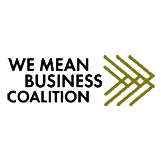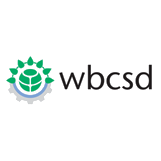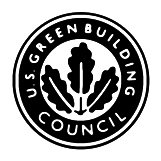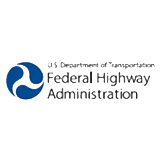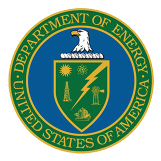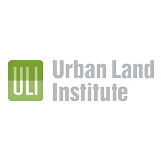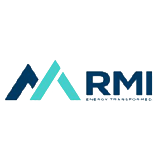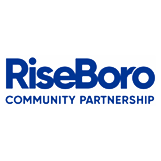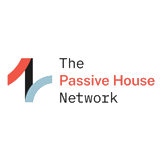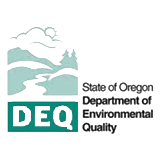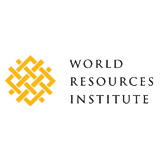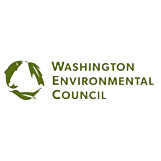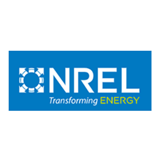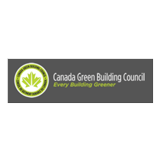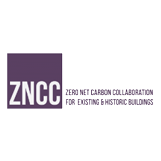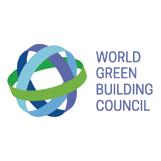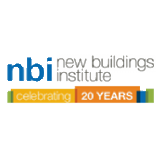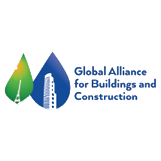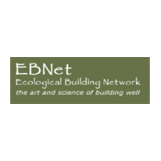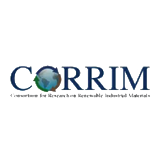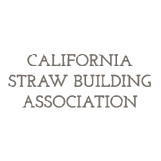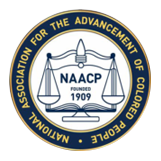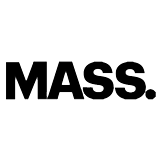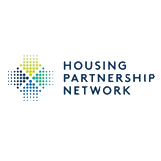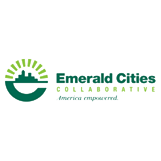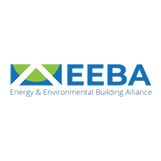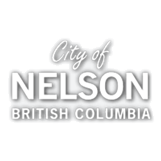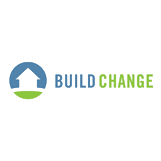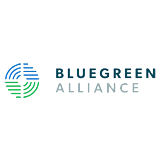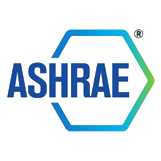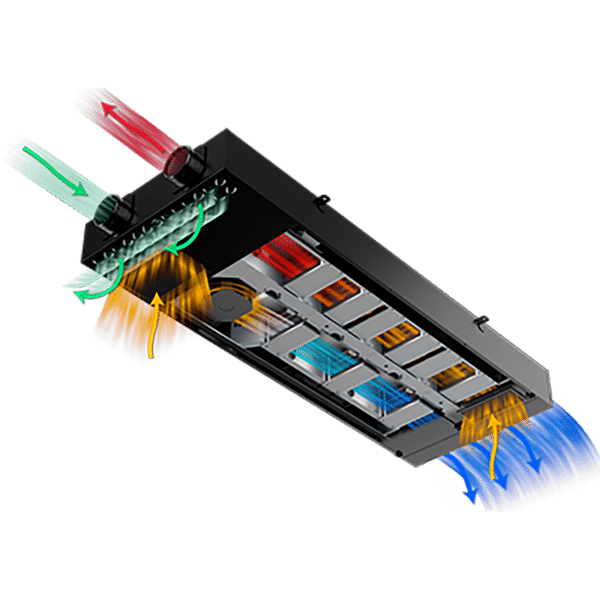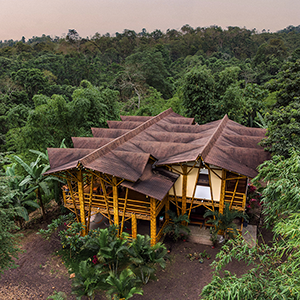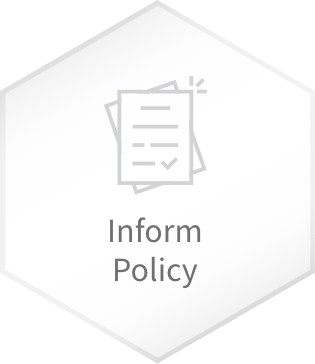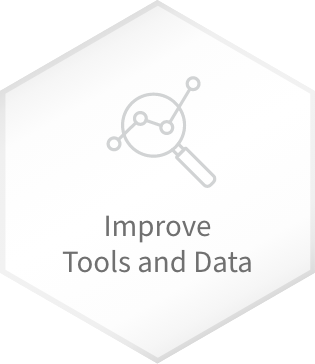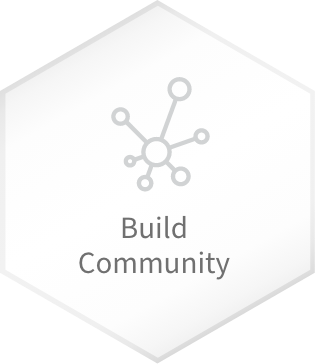Networks are critical to decarbonization
Our mission is to eliminate embodied carbon in buildings, materials, and
infrastructure to create a just and thriving future.
The Carbon Leadership Forum facilitates broad collaboration among diverse individuals and organizations to navigate complexity and support the transformation and decarbonization of the global building industry.
CLF embraces a living systems approach to organize impact networks that span regions and bring together practitioners in partnerships and alliances across organizational and industry lines to innovate, leverage each other’s skills, learning and resources, and to drive change. Our network is made up of Regional Hubs, an Online Community, the NGO-Governmental Roundtable, and CLF’s Sponsoring Organizations. Additionally, CLF joins other global networks to support and uplift work across the built environment sector.
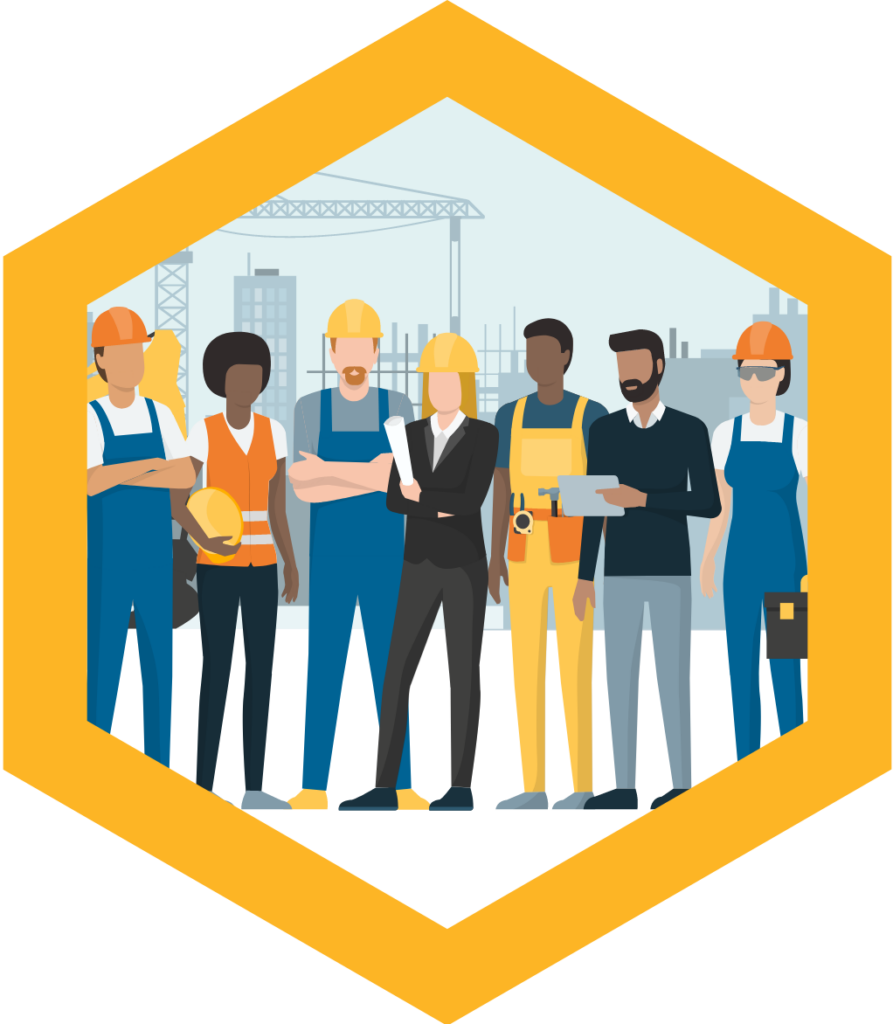
We bring together CLF members
|
|
We connect our members:
- robust online community platform
- burgeoning Regional Hubs
- the NGO/Governmental Roundtable
- regular discussions among sponsoring companies
Together they contribute to and access our research projects and Resource Library, connect at vibrant, interactive events and webinars, and actively engage in member-led Initiatives.
Network members span the globe from:

94 Countries

50 U.S. States
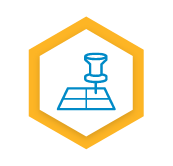
6 U.S. Territories

10 Canadian
Provinces
Unisciti a un hub regionale
In over 25 cities around the world, individual members of the CLF organize Regional Hubs to help interested professionals share best practices, discuss solutions, and spread the word about embodied carbon, materials, LCA practice, tools, public policy, and cutting edge research.
Join the Online Community
In the online CLF Community, CLF members engage in lively, informed discussions about a myriad of topics related to reducing embodied carbon, sharing knowledge and expertise, research, analysis, policy recommendations, resources, proposals and ideas.
NGO and Government Roundtable
The Roundtable convenes over 40 non-profit and governmental organizations taking collective action to advance decarbonization.
Meetings feature timely updates from organizations sharing news, strategic plans, resources, and tools related to embodied carbon, inspiring ongoing communication and collaboration, converging on terminology, data standards, benchmarks, and targets for embodied carbon reduction.
NGO and
Government Roundtable
Meetings feature timely updates from organizations sharing news, strategic plans, resources, and tools related to embodied carbon, inspiring ongoing communication and collaboration, converging on terminology, data standards, benchmarks, and targets for embodied carbon reduction.

SE 2050: A Challenge for Structural Engineers
The SE 2050 Challenge, an initiative conceived of and developed by members of the CLF, was designed to ignite structural engineers and their firms to meet embodied carbon benchmarks and ambitious reduction goals. The Commitment was adopted by the Structural Engineering Institute (SEI) of the American Society of Civil Engineers (ASCE).
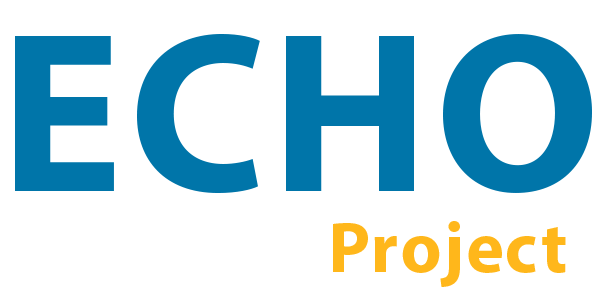
Embodied Carbon Harmonization and Optimization
AEC industry organizations are increasingly reporting built environment embodied carbon emissions. Variations in life cycle assessment (LCA) scope, methodology, terminology, and other factors result in inconsistent reporting that impedes comparison, benchmarking, or setting reduction targets. These limitations hold the industry back from more rapid adoption of embodied carbon measurement and management practices.
Following years of collaboration amongst various individual groups, built environment industry leaders came together in March 2023 in Seattle, with recurring meetings since, to discuss a potential coalition to accelerate and strategize how to rapidly reduce embodied carbon in the built environment. As organizations currently or imminently gathering embodied carbon data from the built environment industry, creating tools and resources, and building awareness about this critical issue, we believe that we can move faster together.
Convening Organizations
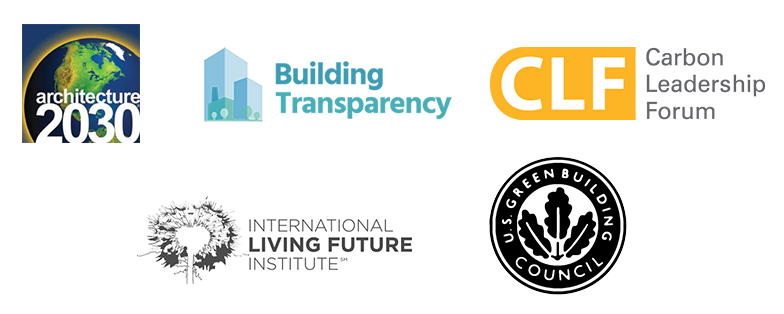
Partnering Organizations
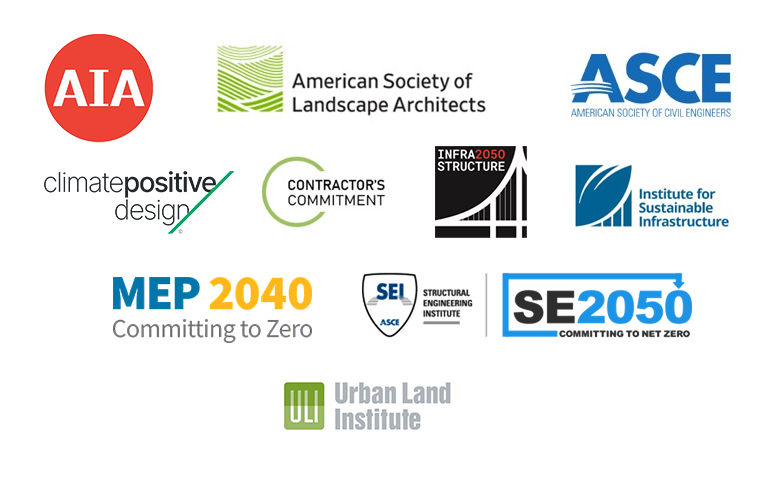

MEP 2040: A Challenge for MEP Engineers
The MEP 2050 Challenge, an initiative conceived of and developed by members of the CLF, was designed to galvanize building systems engineers (mechanical, electrical, plumbing) to establish company plans to reduce operational and embodied carbon across MEP systems on all projects, targeting net zero by 2040. The Commitment rallies companies to measure and report progress annually; request low-GWP refrigerants; and request Environmental Product Declarations (EPDs) in project specifications.
Impatto sui membri
Carbon Leadership Forum members include architects, engineers, contractors, material suppliers, educators, building owners, policymakers, and associations. Community members collaborate through an online forum, regional hubs, action teams, and focus groups, advancing new ideas and approaches through shared tools, data, news and information, and impactful initiatives to reduce embodied carbon. Our member impact section highlights 4 members each month.
Impatto sui membri
Carbon Leadership Forum members include architects, engineers, contractors, material suppliers, educators, building owners, policymakers, and associations. Community members collaborate through an online forum, regional hubs, action teams, and focus groups, advancing new ideas and approaches through shared tools, data, news and information, and impactful initiatives to reduce embodied carbon. Our member impact section highlights 4 members each month.
Riflettori su sponsor
CLF sponsoring organizations are active leaders working to reduce embodied carbon while supporting CLF’s research and resource development. Sponsors convene regularly to share resources, updates, and lessons, while increasing their embodied carbon literacy and engaging their employees in CLF decarbonization initiatives.
Riflettori su sponsor
CLF sponsoring organizations are active leaders working to reduce embodied carbon while supporting CLF’s research and resource development. Sponsors convene regularly to share resources, updates, and lessons, while increasing their embodied carbon literacy and engaging their employees in CLF decarbonization initiatives.

